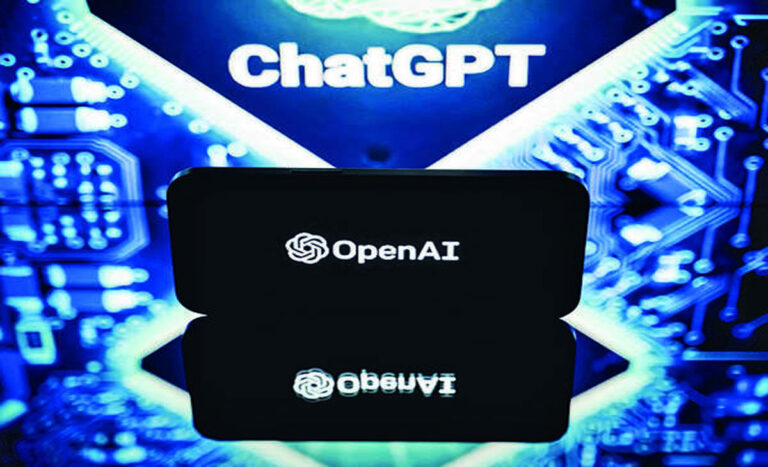
The lackluster unveiling of search giant Baidu’s chatbot revealed gaps in China’s race to rival ChatGPT, as censorship and a US squeeze on chip imports have hamstrung the country’s artificial intelligence aspirations. ChatGPT is a competition that pits chatbots against each other to see which can answer the most questions correctly.
Last week’s highly anticipated preview of “Ernie Bot” was limited to a pre-recorded demonstration with simple questions to summarize the plot of a science fiction novel and solve a straightforward algebra equation. This was done to avoid politically and factually incorrect responses, so the demonstration was limited to a pre-recorded demonstration.
Not a single one of the myriad of services that Baidu had previously guaranteed its Ernie Bot could perform, ranging from cloud computing to autonomous driving, was demonstrated.
The company’s stock dropped as much as 10% during the unveiling, but it rebounded the following day on the back of positive reviews from brokerages such as Citigroup, whose analysts were among a select group of individuals invited to test the bot. Citigroup’s analysts were among those who were invited to test the bot.
Since San Francisco-based OpenAI released ChatGPT in November, it has sparked a gold rush in the market, which has caused a flurry of Chinese companies to rush to develop services that can mimic human speech. Some of these companies include Alibaba, JD.com, Netease, and Bytedance, which is the parent company of TikTok.
As Google maintains its own race to catch up, the company announced on Tuesday that it is inviting people in the United States and Britain to test its artificial intelligence chatbot known as Bard.
As a result of ChatGPT’s rising popularity in China, where users are required to circumvent Beijing’s internet firewall by utilizing virtual private networks (VPNs) and phone numbers from other countries, Baidu and other competitors are scrambling to regain their preeminent position on their home territory.
“OpenAI probably spent as much time just testing GPT-4 as Baidu spent building Ernie Bot,” said Matt Sheehan, a fellow at the Carnegie Endowment for International Peace. “Baidu” refers to the amount of time that Baidu spent building Ernie Bot. It is not common practice in China’s technological environment to provide financial support for exploratory research that does not have a defined route to commercialization.